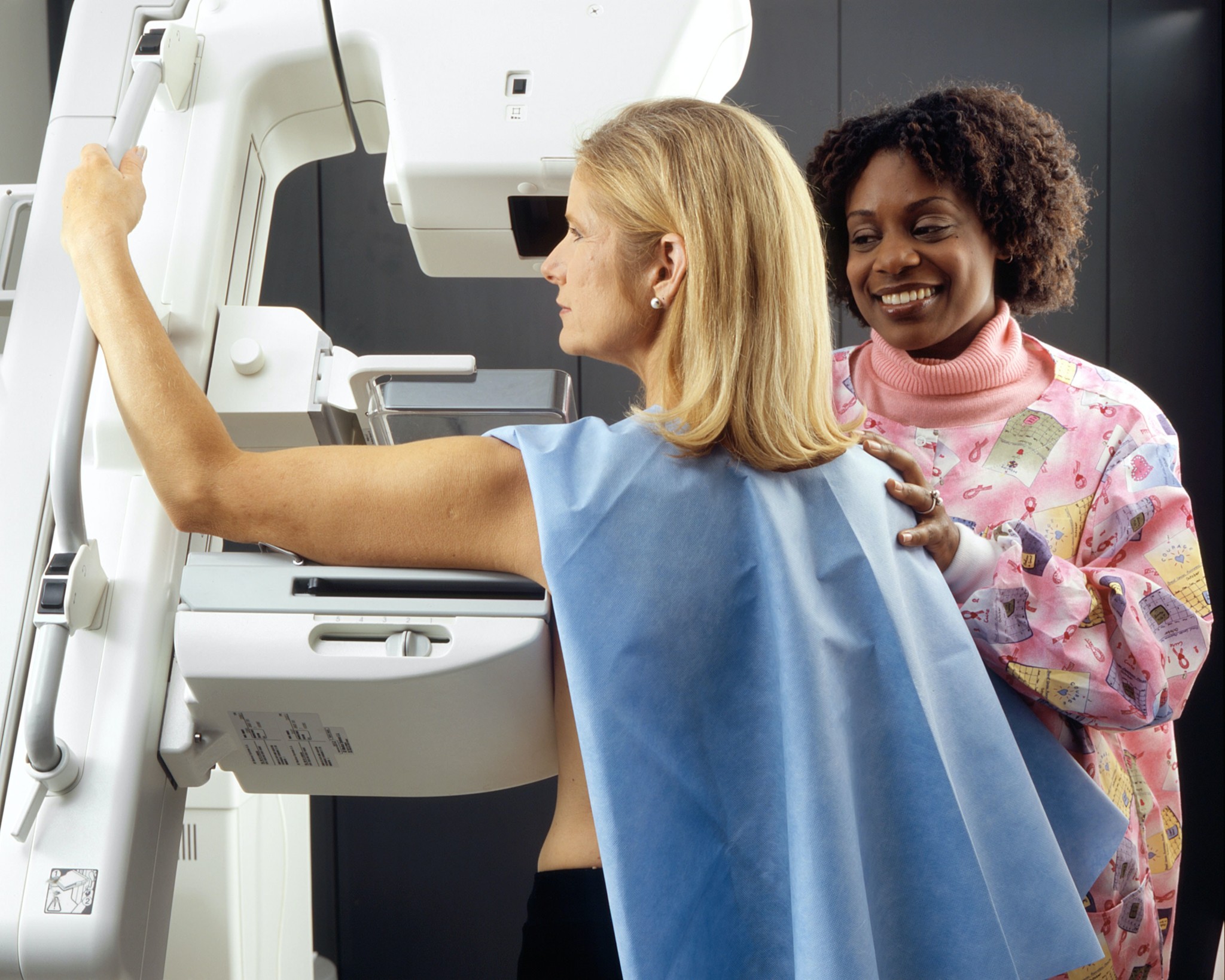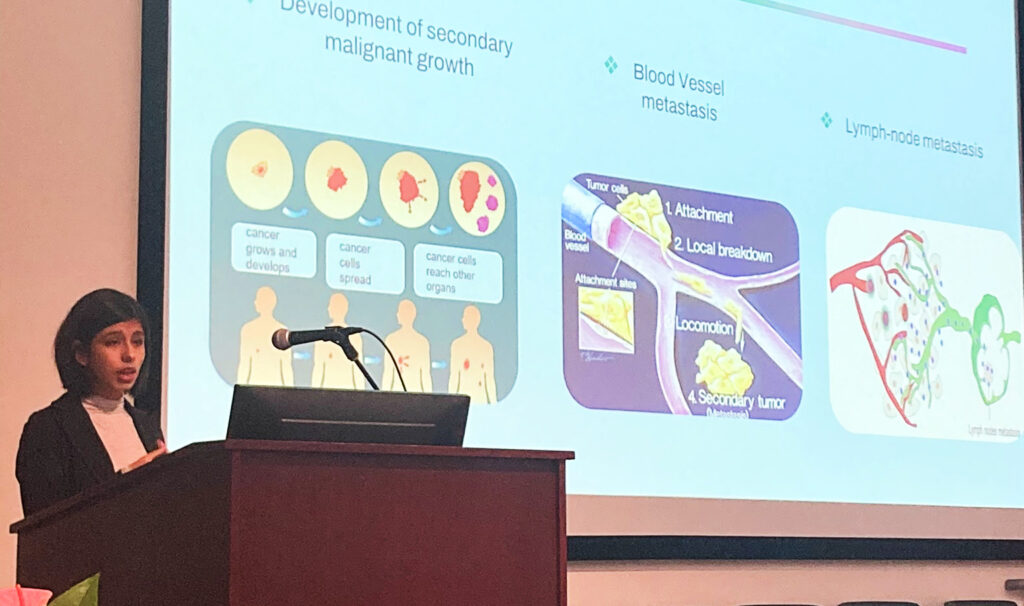Just like anything else on the Internet, there are dozens of breast cancer myths circulating online. If you or a loved one has never had an experience with the disease, it can be pretty difficult to determine what information is fact and what is fiction. Even though breast cancer is one of the more talked-about types of cancer, misinformation still spreads.
Below are a few common breast cancer misconceptions you might encounter, along with the actual facts of the matter.
1. Using underarm antiperspirant or deodorant can cause breast cancer
There is no conclusive, scientifically proven link between antiperspirants and breast cancer. While some studies have indicated that antiperspirants containing aluminum can cause elevated aluminum levels in breast tissue, there is no concrete scientific consensus that this causes breast cancer. Research has not been able to conclusively prove any real danger to wearing deodorant.
However, it’s always a good idea to know what chemicals are in your products. If you are concerned, you can read more about avoiding chemicals in antiperspirant products here.

2. You can always feel a lump if you have breast cancer
While a lump is one symptom recognized as a warning sign of breast cancer, there are several other symptoms. The CDC lists seven other common signs and symptoms, including:
- New lump in the breast or underarm (armpit).
- Thickening or swelling of part of the breast.
- Irritation or dimpling of breast skin.
- Redness or flaky skin in the nipple area or the breast.
- Pulling in of the nipple or pain in the nipple area.
- Nipple discharge other than breast milk, including blood.
- Any change in the size or the shape of the breast.
- Pain in any area of the breast.
Additionally, some people do not experience any symptoms. If you experience any of these symptoms, or other abnormalities which concern you, contact your healthcare provider.
3. Men don’t get breast cancer
This myth is simply untrue. Men are less likely to develop breast cancer than women, but they are by no means exempt. According to the American Cancer Society, less than one percent of breast cancer cases occur in men. However, this statistic accounts for approximately 2,620 new cases and 510 deaths in 2020. Mortality rates for men are believed to be higher as a result of the lack of awareness of breast cancer in men. Symptoms commonly manifest as a hard lump beneath the nipple and areola. If you want to learn more about male breast cancer, you can do so here.

4. Wearing a bra can cause breast cancer
There is no evidence to support this myth — it’s just not true! This myth is based on the theory that underwire restricts the flow of lymph fluid, building up toxic matter in the breast. As reported by Breastcancer.org, a 2014 study conclusively disproved this theory.
5. A mammogram could cause cancer to spread
Concerns about both compression and radiation experienced during mammograms are unfounded. Compressing the breast during a mammogram actually helps to reveal any abnormalities and would not spread any existing cancer. Similarly, the radiation a person is exposed to during a mammogram is very low. The benefits of a mammogram outweigh any associated risks.

6. Finding a lump always means you have breast cancer
Non-cancerous breast conditions are quite common. Most breast changes are benign and harmless. There are dozens of conditions that can cause lumps to form in breast tissue, and none of them automatically cause cancer. However, you should always consult your healthcare provider if you notice any abnormalities or changes in your health.
7. Breast self-examinations are outdated
According to Holly Pederson, M.D. of the Cleveland Clinic, “the best way to know if there are changes is to check yourself.” While you don’t necessarily need to regularly carry out self-exams, awareness of changes is key. Any changes should be reported to your healthcare provider, to be on the safe side.
Awareness also includes knowledge of family history and acknowledgment of potentially risky behaviors.
No More Breast Cancer Misconceptions
It’s important to know the facts about things that could impact your health. Just like all other cancers, breast cancer is a nuanced, complex disease that impacts everyone differently. While it might seem overwhelming, there are always steps you can take.
Adopting healthier lifestyle habits can be the first step. Additionally, you should practice self-awareness to catch any warning signs. But at the end of the day, breast cancer doesn’t have to be scary. Knowledge and literacy are your greatest tools. The more information you have, the better prepared you can be to recognize signs.
Pass it on and share the facts!








